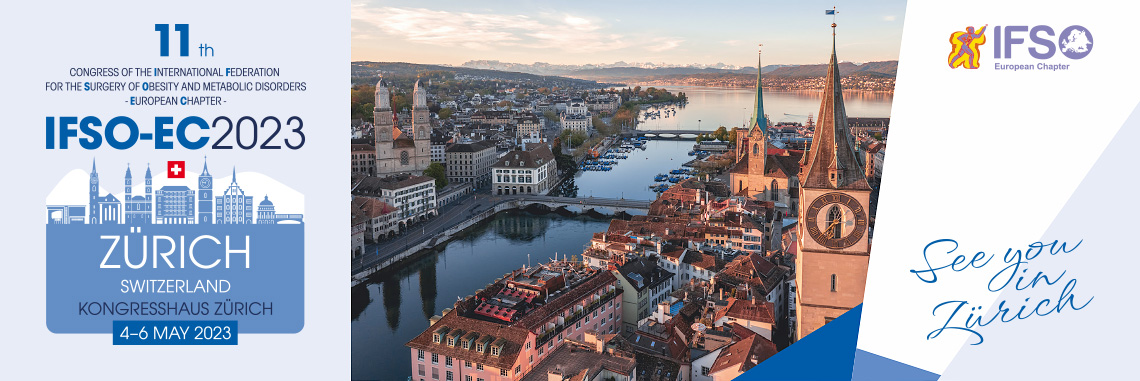Good to know
AC Power Plugs and Sockets
The voltage in Switzerland is 230 V/50 Hz. Switzerland uses type C (2-pin) and Type J (3-pin) plugs.
Cell phones
Participants are kindly requested to turn off or switch their cell phones to silent mode in the meeting rooms where scientific sessions are held.
Public Transport
Travelling in Zürich is possible with a valid ticket only. Single tickets bought at the stops do not need to be validated before boarding, as they are already stamped with date and time. Multiple-journey tickets need to be validated (stamped) at the ticket machine before the journey. In vehicles where the driver sells tickets, you need to buy a ticket when you board.
For more information about Public transport in Zürich click here.
Currency
The official currency in Switzerland is the Swiss franc, usually marked as CHF (EUR 1 = CHF 0,99). Whilst Switzerland is not part of the European Union, many prices are nonetheless marked in Euros so that visitors may compare prices. Payment in EUR is also available in most of the places, but change given back will most likely be in Swiss francs. International credit cards are accepted for payment in most hotels, restaurants and shops. Exchange offices and ATM machines are easily available throughout the city and the Zürich Airport. It is recommended to have a small amount of cash on hand upon arrival in Switzerland for immediate expenses, e. g. public transport. You can find the official exchange rates on the website of the European Central Bank.
Language
The country has four official languages – German, French, Italian and Romansch. Each of them is spoken in different regions. The languages spoken in Zürich are Swiss German and High German (Hochdeutsch). Swiss German is a group of the Alemannic dialects spoken in the German-speaking part of Switzerland and has got several differences compared to High German. English is the third main language spoken in Zürich. We include a few basic words in High German which is used in formal contexts and for communication between different dialect areas.
| Hello | Hallo |
| Good day | Guten Tag |
| Good morning | Guten Morgen |
| Good evening | Guten Abend |
| Goodbye | Auf Wiedersehen (formal) |
| Goodbye | Tschüss (informal) |
| How are you? | Wie geht es Ihnen? |
| I am fine. | Mir geht es gut. |
| Thank you. | Danke. |
| You’re welcome. | Bitte. |
| Sorry. | Tut mir leid. |
| Excuse me | Entschuldigung |
| Nice to meet you. | Freut mich. |
| What’s you name? | Wie heisst du? |
| My name is | Ich heisse |
| I am sorry, I don’t speak German. | Entschuldigung, ich spreche kein Deutsch. |
| How much is it? | Wie viel kostet es? |
Entry formalities
Switzerland is a member of the Schengen area (not the EU), nevertheless citizens of the EU/EFTA member states must have a valid passport or national identity card to enter Switzerland. Citizens of countries outside the EU and EFTA must possess a passport valid for at least the next three months and the passport must be issued less than 10 years ago. Citizens of certain non-European countries also need a visa to enter Switzerland. You can find out if this applies to you on the page about visas for foreign nationals here. Participants requiring visa should apply in advance to consular offices of Switzerland or diplomatic missions in their countries in order to avoid delay in travel to the congress.
Entry requirements for Switzerland are the same for all travellers at the moment, regardless of COVID-19 vaccination status. You no longer need to wear face masks or present COVID-19 certificates to enter public spaces.
Important Telephone Numbers
- 112 – General Emergency (The European Standard number, used also in Switzerland)
- 117 – Police
- 118 – Fire service
- 144 – Medical service
Insurance
The organizers can accept no liability for personal injuries or for loss or damage to property belonging to the workshop participants, either during or as a result of the event. Participants are advised to take out proper travel and health insurance before departing from their home country.
Language of the IFSO-EC Congress 2023
The official language of the IFSO-EC Congress 2023 is English. Translation services will not be provided.
No-smoking
Smoking in the IFSO-EC Congress 2023 venue is not allowed.
Shopping
Most shops in Zürich are open from Monday to Friday between 9am and 8pm. On Saturdays, the majority of shops are open from 9am to 5pm. Shops are closed on Sunday and holidays, except for bakeries, which may be open in the morning.
Time Zone
Switzerland is on Central European Time - Greenwich Mean Time (GMT) plus 1 hour. From April to October is summer time, i.e. GMT + 2 hours.
Tipping
Service fees are included in the bill in bars and restaurants, but it is very common in Switzerland to leave a small tip, usually round up to the nearest CHF 1, CHF 5 or CHF 10, depending on service and the total bill. It is considered as a nice gesture.

